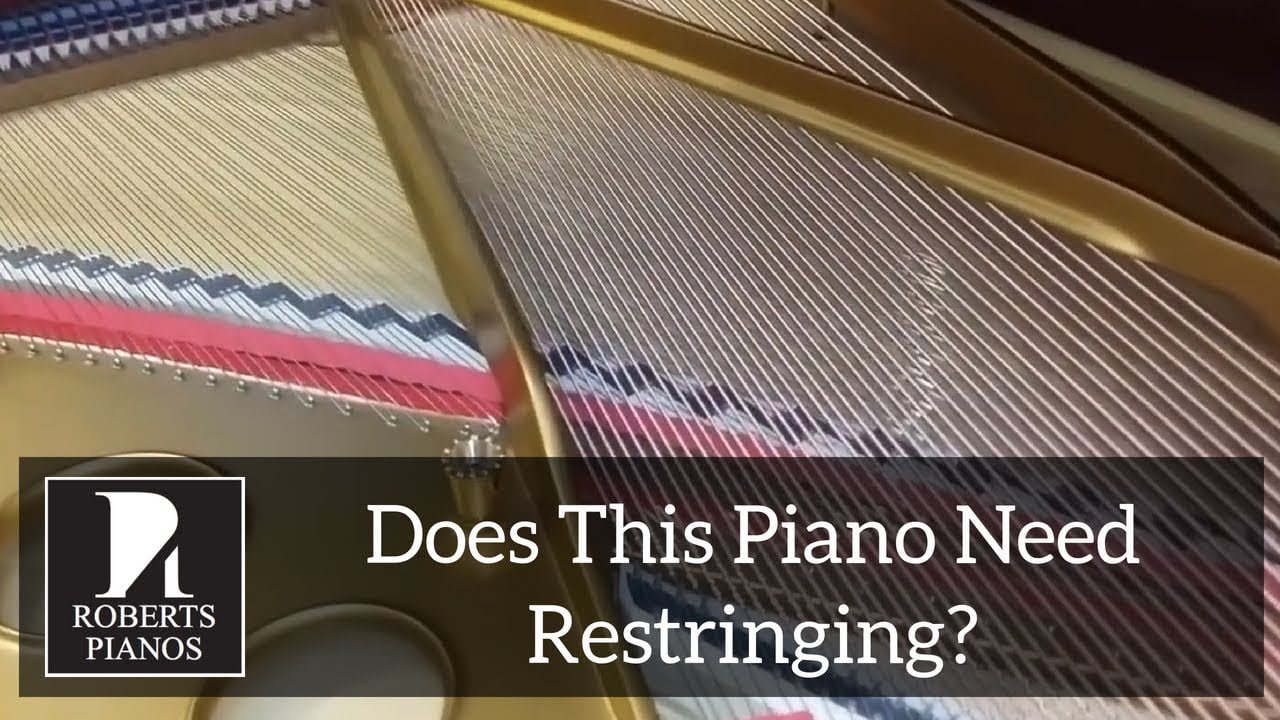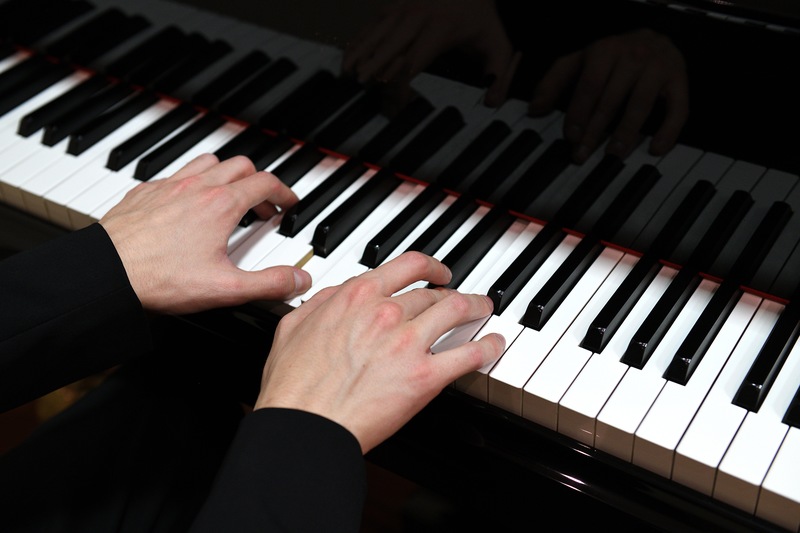Physical Address
304 North Cardinal St.
Dorchester Center, MA 02124
Physical Address
304 North Cardinal St.
Dorchester Center, MA 02124


Attention piano owners and enthusiasts! Your beloved instrument makes beautiful sounds. But over time, those sounds might change. When the strings get old, they need replacing. In this guide, we’ll show you how to tell if your piano needs restringing.
Piano strings work hard to make music. They are tight and move fast when you play. Like everything, they get old and tired. This happens after many years. When it does, the music doesn’t sound right.
| Piano Type | Average String Life |
|---|---|
| Grand Piano | 20-30 Years |
| Upright Piano | 15-25 Years |

Credit: www.reddit.com

Credit: www.modernpiano.com
Below are key signs you need to watch for.
Restringing a piano is not easy. It takes skill and know-how. If you’re not trained, call a pro. They do it right and keep you safe.
Find someone who knows pianos well. A good technician has experience. They tune and fix pianos often. They know all about strings. Ask them about their work on pianos like yours.
Restringing takes time and care. Your piano will be in pieces. But don’t worry. Your technician does this carefully. They remove old strings. And they put in new strings with precision.
After restringing, take care of your piano. Keep it tuned. Watch the humidity. And play it with joy. This helps the new strings last long.
What Are Signs A Piano Needs Restringing?
Detecting the deterioration of tonal quality and inconsistency across the piano’s range can signal that restringing is necessary.
How Often Should Pianos Be Restrung?
Generally, pianos require restringing every 25 to 30 years, but high usage may necessitate more frequent service.
Can Piano Restringing Improve Sound Quality?
Absolutely. Restringing a piano can dramatically enhance its overall sound clarity and tonal richness.
What Causes Piano Strings To Wear Out?
Piano strings deteriorate due to repeated strikes, environmental factors, and natural corrosion over time.
When a piano needs restringing is crucial for maintaining its optimal performance. Listen for signs like dull or muted tones, uneven sound quality, or visible rust on strings. By staying attentive to these indicators and seeking professional evaluation when in doubt, you can ensure your piano continues to produce beautiful music for years to come. Keep your ears open and cherish the joy of playing on a well-maintained instrument.